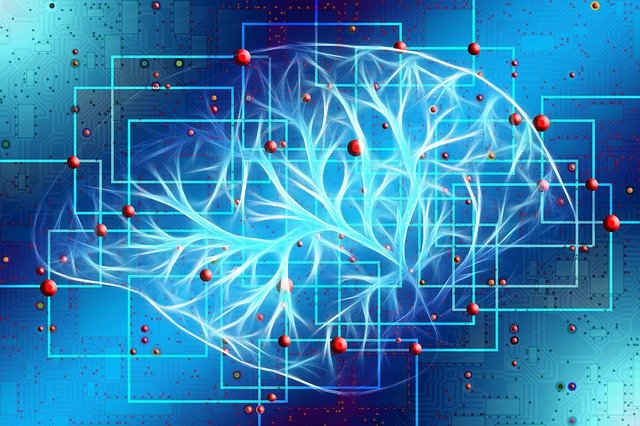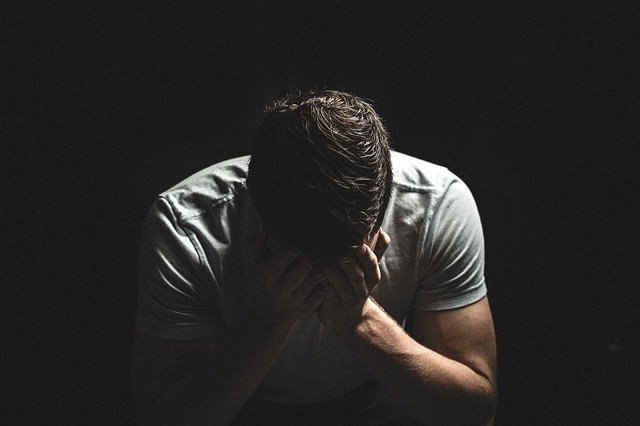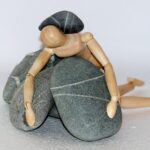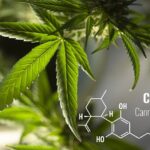It seems that cannabidiol is on trend today. Many CBD products are sold in the market, including oils, creams, and gummies to name just a few. The benefits of CBD are multiple, and the side effects are very few. People are using CBD for many purposes: relieve anxiety and pain, combat glaucoma, reduce and prevent seizures, etc.
PTSD is one of the conditions that may be improved by cannabidiol. Learn how CBD for PTSD works in this article.
What Is PTSD?
PTSD is short for post-traumatic stress disorder, which is a psychiatric condition suffered by individuals who have gone through a traumatic event.
It’s important to note that most people who go through a terrifying event won’t develop this condition, and not everyone will experience the same severity. Moreover, the intensity of PTSD symptoms does not depend on the nature of the traumatic experience.
Although anyone can suffer from PTSD, this condition is most common among young individuals. On the other hand, people who are socially isolated are more prone to suffer from it.
Symptoms of PTSD typically improve over time. But, in many cases, patients with PTSD need some type of psychological treatment or medication. If PTSD is not treated properly, its symptoms can last for months or even years.
Causes of PTSD
The reason why PTSD affects only some individuals and not others is unknown. However, it is believed that the family and the environmental situation may play a role. Additionally, genetic factors may predispose some individuals to suffer from it. On the other hand, people who have previously experienced traumatic situations may be more prone to develop PTSD.
When we go through a stressing or traumatic experience, the levels of hormones such as cortisol go up considerably. In normal circumstances, hormone levels will soon go back to normal. Conversely, when someone suffers from PTSD, their system keeps producing stress-related hormones.
The trigger of post-traumatic stress disorder is a traumatic experience. Some examples of these experiences are:
- war
- terrorism
- crimes, such as victims of rape, kidnapping or theft
- natural disasters
- violent death in the family
- traffic accidents
- imprisonment
Symptoms of PTSD
As we said, the intensity of post-traumatic stress disorder is different in every individual. Moreover, PTSD intensity can vary over time. For example, it may increase when patients remember their traumatic experiences or when they feel stress.
Some of the symptoms of PTSD include:
- Recurrent involuntary memories of the traumatic event
- Nightmares
- Reliving the traumatic situation (flashbacks)
- Extreme anxiety around people or in places that may remind of the traumatic event
- Avoidance of situations that may remind of the traumatic event
- Inability to recall details about the traumatic event
- Trouble sleeping and concentrating
- Angry outbursts and aggressive behavior
- Startling easily
If you have experienced the above symptoms for more than a month, they are very severe or you feel that you can’t control them, it is recommendable to seek professional advice.
CBD for PTSD: Can It Help?
Anecdotal evidence and research alike have shown the potential of CBD to treat stress and anxiety disorders, including general anxiety disorder and social anxiety. As such, cannabidiol also shows the potential to relieve PTSD symptoms. Additionally, cannabidiol show too little to no side effects, which makes it a great alternative to more aggressive medications.
Studies show that when administered after a traumatic experience, CBD may mitigate the risk of subsequent symptoms by interfering with the acquisition and consolidation of memories of the event. Additionally, animal studies have shown that CBD is effective in reducing cardiovascular and anxiogenic responses caused by stress.
Although we need more research, cannabidiol shows great potential to treat not only PTSD but also other psychological pathologies in the future.

How Does CBD for PTSD Work?
Humans, like all mammals, have an endocannabinoid system that is responsible for many processes, including anxiety management, and perception of pain and appetite. Moreover, our endocannabinoid system plays an important role in the regulation of emotional behavior. It’s also essential for processes that determine learning and emotional responses related to traumatic experiences.
So, how does CBD for PTSD work? Although it is still unclear how the process works, cannabidiol acts upon our endocannabinoid system, providing antianxiety effects.
Our endocannabinoid system has two types of cannabinoid receptors, i.e.: CB1 and CB2. CB1 plays a role in the extinction of aversive memories. Animal studies showed that blocking CB1 receptors contributed to long- and short-term extinction of aversive memories in fear-conditioning tests.
You can learn more about the research of CBD for PTSD in this article.
Treatments for PTSD
To diagnose post-traumatic stress disorder your therapist will ask you about the duration of your symptoms. In general, when the symptoms persist for more than a month, the diagnosis will be PTSD.
Patients usally notice the results of PTSD therapy in the long run. For this reason, many individuals give up treatment too early. It is estimated that 75% of individuals give up before completing treatment. However, if you suffer from this condition, it’s recommendable to be persistent and you surely will notice improvement over time.
There are various treatments for PTSD, including psychotherapy, including cognitive and exposure therapy, and medication such as anxiolytics and antidepressants.
Finally, we’d like to know if you have tried CBD for PTSD and how was your experience. Please let us know in the comment section below.



